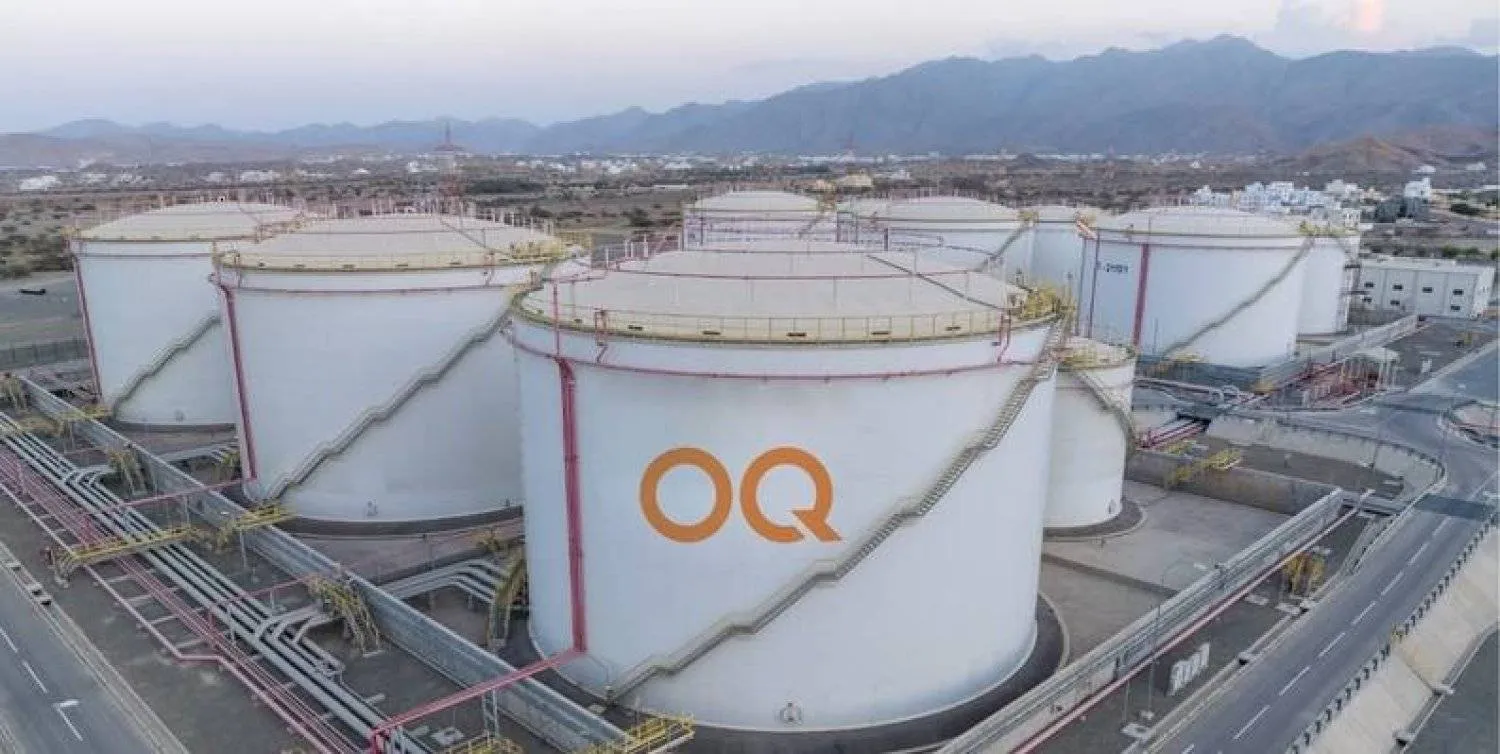OQ Group, a leading global integrated energy company, has laid the foundation for a strategic fuel storage project in Dhofar Governorate, southern Oman. The investment in the project exceeds 47 million Omani riyals (approximately $124 million).
The new facility will feature storage tanks, a warehouse, a control room, an administration building, a maintenance workshop, a pumping area, a tank filling area, and fire and safety facilities. This infrastructure is designed to ensure the uninterrupted supply of fuel.
With a storage capacity of over 110,000 cubic meters, the facility will enhance Dhofar’s fuel reserves for up to 30 days, thereby facilitating effective management of potential energy crises.
In a statement obtained by Asharq Al-Awsat, OQ Group emphasized that the project reflects the company’s commitment to supporting sustainable economic development and addressing the rising demand for petroleum products driven by population growth and increased commercial investments.
The foundation-laying ceremony was held on Monday, in the presence of Marwan bin Turki Al Said, Governor of Dhofar. He noted that the project symbolizes “the culmination of collaborative efforts by various entities in Oman, including the Ministry of Energy and Minerals and OQ Group.”
For his part, Eng. Salem bin Nasser Al-Aufi, Minister of Energy and Minerals, stressed that the project in Dhofar is aimed at enhancing Oman’s strategic fuel storage system. He emphasized that this initiative is crucial for meeting consumer demands and securing fuel availability during emergencies.
Speaking at the event, Ashraf bin Hamad Al-Mamari, CEO of OQ Group, highlighted that the strategic fuel storage project adds a new dimension to OQ Group’s investments in Dhofar, which already include facilities for liquefied petroleum gas, ammonia, methanol, and gas pipelines.
He further explained that the project was undertaken at the direction of the Government of Oman, through the Ministry of Energy and Minerals, which is dedicated to ensuring a reliable supply of petroleum products across all the country’s governorates.
The strategic fuel storage project comprises three main components: the fuel storage facility in the free zone, the construction of a pipeline connecting the pumping station at Salalah Port to the storage tanks in the Salalah Free Zone, and the expansion of the existing pumping facilities at Salalah Port. Additionally, the new Salalah facility will be connected to the current Raysut station.
The storage facility will cover an area of 150,000 square meters and will include engineering, procurement, and construction activities, leading up to its initial operation.









